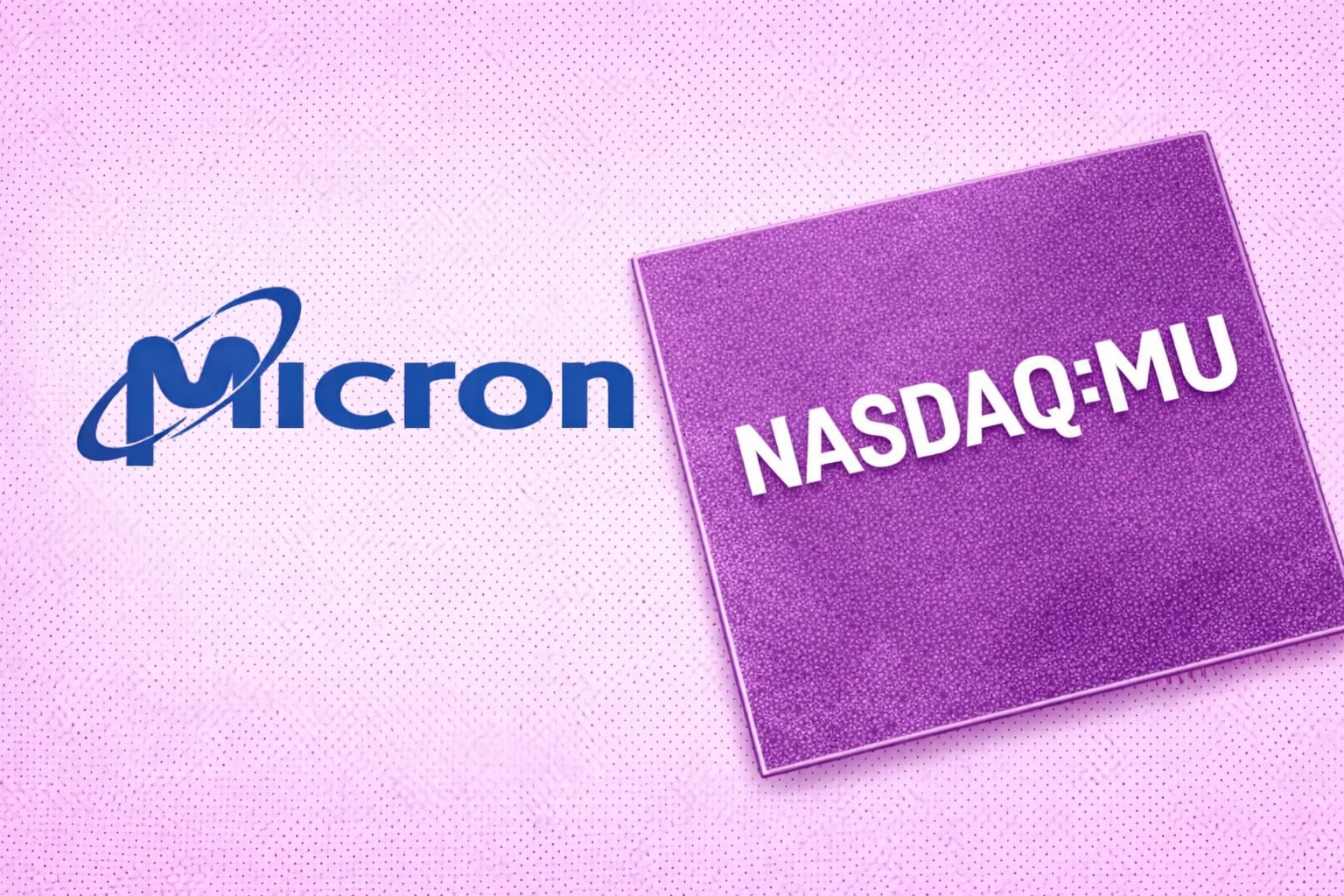
Tesla Stock Trading News Q2 Deliveries&Financial Performance
Global Supply Chain Disruptions, Tesla Demonstrates Resilience with Substantial Year-over-Year Revenue and Net Income Growth, Eyeing 2 Million Vehicle Deliveries in 2023 | Tha'ts TradingNEWS
Trading News - In the second quarter of 2023, Tesla significantly outperformed expectations by delivering 466,140 electric vehicles, a sharp increase from the estimated 445,000 units. With a production count of 479,700 vehicles within the same timeframe, Tesla marked this quarter with record-breaking delivery and production figures. This performance follows the company's strong showing in Q1 2023, when they delivered 422,875 and produced 440,808 units, barely outpacing Wall Street's expectations.
The impressive Q2 delivery numbers depict an 83% surge compared to the 254,695 reported in the same period a year earlier. This increase, coupled with the 10% sequential growth compared to Q1 2023, signifies a positive trend for the EV manufacturer. Among the vehicles delivered, 19,225 were Tesla's higher-priced Model S and X variants, while the lower-priced Model 3 sedans and Model Y crossovers accounted for 446,915.
In June, Tesla made the strategic move to offer discounts on its Model 3 and Model Y vehicles, following multiple price cut rounds in 2023. Tesla's shares have reflected the company's strong performance, more than doubling in the first half of the year and closing at $261.77 ahead of the Q2 production and deliveries report. This remarkable rally has grown from the shares' closing price of $123.18 at the end of trading in 2022.
Tesla's achievement in Q2 marks the fifth consecutive period where the company's production exceeded its deliveries. This trend serves as a testament to Tesla's relentless push to scale up manufacturing at its assembly plant in Austin, Texas. Furthermore, the company’s strategic move to provide discounts and other incentives on its models, including the entry-level Model 3 sedan and the flagship Model S, contributed significantly to the quarterly results.
The Model 3 and Y variants, forming 96% of Q2 deliveries, are now eligible for a $7,500 tax credit under the U.S. Inflation Reduction Act. Analyst Alexander E. Potter from Piper Sandler recognized Tesla's price stability throughout the quarter, despite the steep discounts causing concerns of a potential "price war" in the EV market.
Tesla continues to expand its global footprint with assembly plants in Fremont, California, Austin, Texas, and internationally in Shanghai and Brandenburg, Germany. The company also manufactures the Semi, a heavy-duty electric truck, at its battery plant in Nevada. The Semi began deliveries in December 2022, although high-volume production is yet to be realized.
Tesla's aggressive growth strategy is evident in its plans to establish a new factory near Monterrey, Mexico, and an investment initiative in India, as conveyed by Elon Musk, Tesla's CEO. In terms of product development, the company is set to release a refreshed version of the Model 3 in North America and deliver its first Cybertruck pickups in 2023.
Despite the anticipated rollout of new and more affordable models, sales could face pressure from increasing competition, particularly in the Chinese market. Nevertheless, Tesla remains confident about its long-term value creation, despite the inherent volatility of the stock market, as Musk highlighted before the Q2 deliveries report.
In terms of financial performance, Tesla reported a revenue of $23.329B for the quarter ending March 31, 2023, a 24.38% YoY increase. The annual revenue for 2022 was $81.462B, a substantial increase of 51.35% from 2021. However, the gross profit for Q1 2023 was $4.511B, marking a 17.38% YoY decline. Despite this, the annual gross profit for 2022 was a hefty $20.853B, up 39.56% compared to 2021.
Net income for Q1 2023 stood at $1.239B, representing a YoY increase of 34.27%. The net income for the whole of 2022 was a significant $5.489B, up a considerable 88.31% from the previous year.
Tesla's operating income for Q1 2023 was reported at $1.506B, which translates to an increase of 23.39% YoY. For the full year of 2022, operating income reached $6.302B, marking a YoY increase of 72.13%.
In terms of assets, Tesla reported a total of $110.679B for the quarter ending March 31, 2023, a significant 27.32% YoY increase. The company's total assets for 2022 were reported to be $96.975B, which marked a 45.45% increase from 2021.
Total liabilities, on the other hand, stood at $72.459B for Q1 2023, marking an 18.84% YoY increase. For 2022, total liabilities were $63.779B, representing an increase of 36.86% compared to the previous year.
The financial numbers clearly depict Tesla's strong performance in Q2 2023, continuing the positive trend from Q1 and overcoming the challenges of a global semiconductor shortage and supply chain disruptions due to the ongoing Covid-19 pandemic. These results reinforce the company's strong market position and its leadership role in the EV industry.
Tesla is on track to meet its 2023 target of producing and delivering over 2 million vehicles worldwide. The company's expanding production capacity and growing global footprint in key markets like China and Europe, coupled with its strategic initiatives in developing markets like India, position Tesla for sustained long-term growth.
It should be noted that despite these strong numbers, Tesla still faces a number of challenges ahead, including potential impacts from changes in government policies and regulatory environments, competition from other automakers ramping up their own electric vehicle offerings, and ongoing global supply chain disruptions. However, the company's robust financial performance and impressive delivery and production numbers underscore its resilience in the face of these challenges.
Tesla's stock has surged by 60% since Q1 2023. Although numerous developments might bolster Tesla's momentum, analysts cast doubt on the sustainability of the trend due to unchanged fundamentals and estimates revisions
Since the disappointment of Q1 2023, Tesla Inc.'s (NASDAQ:TSLA) stock has seen a remarkable resurgence, increasing by an impressive 60%. This substantial rally was primarily propelled by an AI-fueled thematic surge and optimistic market sentiment surrounding the "soft landing" scenario. Despite the rapid price escalation, however, fundamental support and estimates revisions have been sparse, casting doubts on the sustainability of this upward trend.
Numerous developments might have the potential to bolster Tesla's momentum, such as partnerships with Tesla's North American Charging Standard (NACS) and Chinese EV subsidies, but they are unlikely to bring about significant improvements to the company's fundamentals in the short term. Tesla's competitors, including Rivian (RIVN), General Motors (GM), and Ford (F), have joined forces with Tesla's NACS, which enables their EVs to connect to Tesla's charger network. Despite public excitement over this development, it's not expected to significantly enhance Tesla's vehicle delivery targets and auto revenue growth. This is particularly true given ongoing concerns about a potential demand slowdown and price reductions that plagued Tesla in Q1 2023.
Interestingly, a pattern has emerged where Tesla's stock price tends to rally by about 4%-5% whenever another competitor adopts the NACS. While this is a positive trend, it also signals that the stock's recent P/E TTM expansion from 49x to 76x has been driven more by multiple expansion than fundamental factors.
In an attempt to stimulate growth amidst slower auto sales, China introduced a hefty tax break package worth 520 billion yuan over four years, primarily targeting EVs and other environmentally friendly vehicles. This aggressive incentive might potentially boost Tesla's demand, but it's essential to remember that domestic EV manufacturers will also benefit from this policy. As of now, TSLA's P/E GAAP TTM stands at 76x, indicating a significant increase from the 48x observed after the 1Q FY2024 earnings release. This increase suggests a considerable multiple expansion of 58%, reflecting the market's anticipation of a YoY decline in Tesla's earnings for the current fiscal year.
Despite the EV/EBITDA GAAP of TSLA expanding by 60% since the last earnings release, the street's outlook on Tesla hasn't seen any significant changes, suggesting that the expansion is justified by the unchanged earnings and revenue revisions. This stagnant trend coupled with analysts reducing the revenue consensus for CY2023 and CY2024 by 11.3% and 9.7%, respectively, over the last six months, indicates that there have been no considerable improvements in revenue expectations recently.
These trends suggest that the current rally in Tesla's stock price might not be fundamentally driven or due to upward revisions in earnings and revenue expectations. Instead, investors could be getting ahead of street consensus, potentially pricing in future tailwinds, or the rally might primarily be fueled by short-term momentum. If the Federal Reserve maintains a hawkish stance and indicates further rate hikes, high valuation stocks like Tesla may face downside risks as they are susceptible to higher real interest rates. Additionally, the lack of substantial positive earnings and revenue revisions raises concerns about the sustainability of the recent price action.
Notably, Tesla's stock faced pressure after Goldman analyst Mark Delaney downgraded the stock to Neutral from Buy, marking the third downgrade after analysts from Barclays and Morgan Stanley also expressed pessimism about the company. Delaney attributed the downgrade mainly to valuation, highlighting a difficult pricing environment for new vehicles that will likely impact Tesla's automotive non-GAAP gross margin this year.
Tesla's stocks experienced a sharp run-up, surpassing Goldman's expectations due to a combination of factors. These include solid monthly sales reports for April and May, less discounting than anticipated, full EV tax credit for all versions of the Model 3, and the adoption of Tesla's NACS standard among others. However, the average analyst target price lags behind the current Tesla stock price, which could be part of the reason why the percentage of analysts rating Tesla's stock as Buy decreased from roughly 65% at the start of the year to about 40% now.
Tesla's stock had an unusually volatile performance towards the end of 2022, primarily due to investor uncertainty over Elon Musk's purchase of Twitter using Tesla stock. This volatility, which resulted in a more than 40% drop in shares from late October to year-end, was a source of concern for Wall Street, making it challenging to draw a conclusive investment strategy.
Tesla's stocks have significantly recovered since their 65% decline in 2022, thanks to Wall Street's support during the recent AI-induced rally. The EV giant's stock has seen a year-to-date increase of over 140% and a 40% rise in the past month alone. This performance was largely driven by a series of charging station deals that CEO Elon Musk entered with legacy automakers to boost revenues in the current quarter.
Nevertheless, Tesla's near-term margin issues and aggressive valuation led Barclays’ senior auto analyst Dan Levy to downgrade Tesla's stock from a buy-equivalent rating to a hold-equivalent rating. Despite Levy's long-term optimism for the company and his increased 12-month price target for the stock to reflect its recent price increase, he warned investors of a challenging near-term fundamental setup.
That's TradingNEWS
Read More
-
CGDV ETF at $44.17 Targets $52 as Dividend Value and AI Leaders Drive 2026 Upside
07.01.2026 · TradingNEWS ArchiveStocks
-
XRP ETFs XRPI and XRPR: $2.20 XRP and $1.6B Inflows Drive 2026’s Hottest Crypto Trade
07.01.2026 · TradingNEWS ArchiveCrypto
-
Natural Gas Price Forecast: NG=F Rebounds to $3.48 as Market Eyes EIA Storage Shock
07.01.2026 · TradingNEWS ArchiveCommodities
-
USD/JPY Price Forecast - USDJPY=X Holds 156.6 as BoJ Hawkish Shift Collides With Fed Cut Expectations
07.01.2026 · TradingNEWS ArchiveForex


















